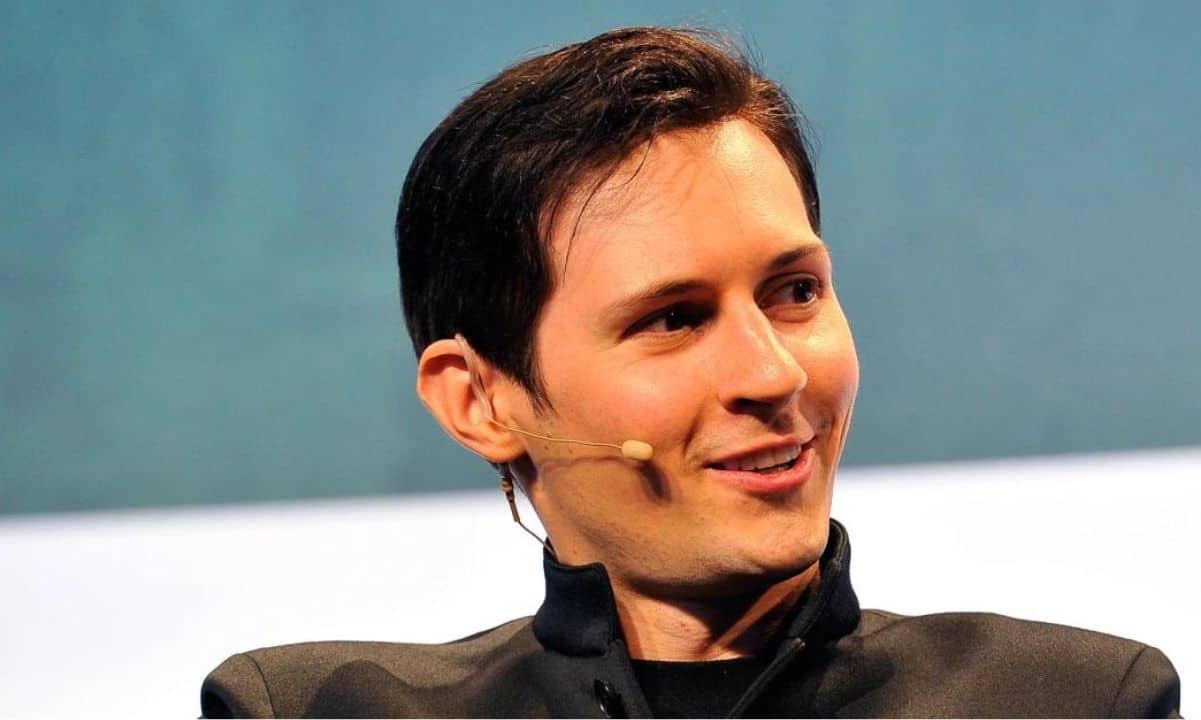Pavel Durov, the founder and CEO of Telegram, was recently apprehended in Paris following an international arrest warrant issued by French authorities.
The arrest stems from concerns over Telegram’s alleged lack of moderation, particularly in light of EU regulations such as the Digital Services Act. In response, Telegram issued a statement asserting the exec has nothing to hide.
Tech Leaders Condemn Arrest
On August 26th, Telegram’s official handle took to X to tweet that the platform fully complies with EU laws and maintains moderation practices that align with industry standards. The company emphasized Durov’s frequent travel in Europe and dismissed the idea that a platform or its owner should be held accountable for user misuse.
“Almost a billion users globally use Telegram as a means of communication and as a source of vital information. We’re awaiting a prompt resolution of this situation. Telegram is with you all.”
The 39-year-old billionaire’s arrest has ignited a fiery debate online, with the hashtags #FreeDurov and #FreePavel trending. Former American NSA intelligence contractor and whistleblower Edward Snowden condemned the arrest and said that the move was an assault on the basic human rights of speech and association. SpaceX founder Elon Musk also echoed a similar sentiment as he slammed the arrest of the Russian-born tech leader.
In a follow-up post on X, Musk criticized Meta CEO Mark Zuckerberg, questioning why he hasn’t faced similar legal issues as Durov. Musk went on to suggest that Zuckerberg may have avoided arrest by complying with censorship demands, alleging that Instagram has a significant child exploitation issue that goes unaddressed.
The X CEO further accused Zuckerberg of censoring free speech and providing governments with backdoor access to user data.
Lack of Default End-to-End Encryption
Samson Mow, CEO of hyperbitcoinization firm Jan3, expressed support for Durov’s release but he also criticized Telegram’s operational strategy.
Mow pointed out the risks of running a platform like Telegram without default end-to-end encryption, suggesting that this approach made the platform vulnerable to pressure from regulators.
He drew a parallel between Telegram and Nostr, a decentralized social network, highlighting what he sees as a critical flaw in the latter’s reliance on relays. According to Mow, ignoring this architectural issue could lead to Nostr’s downfall.
